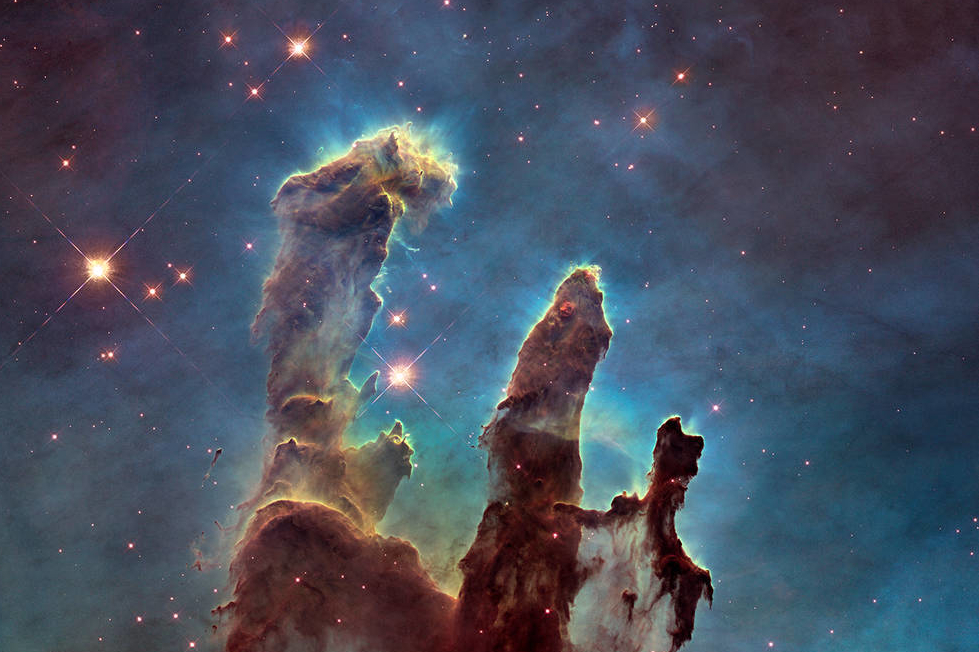“Even though Trump wanted me executed even when it was proven that I was innocent, I’m not celebrating this verdict. We should be proud that today the system worked. But we should be somber that we Americans have an ex-president who has been found guilty on 34 separate felony charges.”
– Harlem City Councilman Yusef Salaam, one of the exonerated Central Park Five
This week we come to the end of the book VaYikra with the parashah named BeHukotai (note: the word is parashah by itself, and parashat only when it is immediately followed by a modifier. So: we read the parashah. Which parashah? This week it is parashat BeHukotai.)
The content of parashat BeHukotai is traditionally known for the hair-raising curses it lists in lurid detail. These tokhekhot, “reproofs”, can easily be misunderstood as a cheap form of threat: if you do not obey My rules, HaShem seems to be saying, I will hunt you down and torture you for generations in many creative ways.
I recently ran across a book called 1177 BC: The Year Civilization Collapsed, by Eric Cline, which chronicles a widespread decline of Mediterranean societies in the late Bronze Age. According to the scholarly consensus, the people of Israel emerge as a traceable entity just about or after that time, in the land of Canaan. In that context, the curses of our parashah are a simple list of what everybody knows happens when political upheaval and economic instability are exacerbated by pandemic and climate changes.
Cline’s point is that human civilization goes through cycles, and that the collapse of civilization can happen again, and so it is in our interest to understand why if we would forestall it in our own day.
Torah insists that we all must understand our part in society in terms of our own agency as a human community capable of justice. If we do not do justice, bad things will happen, and if we do not notice and act, it will get worse: If you will still not hearken to me then I will chastise you more… (Lev.26.18) The growing catastrophe is expressed in terms of what HaShem will do, yes; this the Torah’s way of expressing the inevitability of cause and unfortunate effect.
Our Torah’s approach, just as in the case of the catastrophic Flood that destroyed civilization, focuses on the ethics that lie underneath it all. Not in some simplistic way that seeks out the appropriate place for blame, but, going deeper, demands that we consider the interconnected way in which we are all part of what is happening.
The difference is vital, for if we do not understand our interconnectedness, blaming too easily gives way to vengeance. We look for someone other than ourselves to blame and to execute vengeance upon, and then – too easily – find ourselves faultless. And after all, HaShem says “vengeance is Mine” (Deut. 32.35), meaning not appropriately ours. Justice, the more difficult and higher good, is the necessarily condition for secure and stable society, for, as the prophet proclaims, only there does HaShem dwell:
כֹּ֚ה אָמַ֣ר ה’ שִׁמְר֥וּ מִשְׁפָּ֖ט וַעֲשׂ֣וּ צְדָקָ֑ה כִּֽי־קְרוֹבָ֤ה יְשֽׁוּעָתִי֙ לָב֔וֹא וְצִדְקָתִ֖י לְהִגָּלֽוֹת׃
HaShem says: Observe what is right and do what is just; for soon My salvation shall come, and my deliverance be revealed. (Isaiah 56.1)
HaShem dwells among us only when we are united: when we treat our neighbor as we wish to be treated, when we care for the vulnerable as we want to be cared for because they are a part of us. And, yes, when we regard the evil that others do not as theirs alone, but as a warning sign of what we would prefer not to realize is part of us, also.
Only justice will help us build the world we want to live in, and only continuing to believe in and to do justice on every little level of our lives will support us if ours turns out to be a small outpost in some looming chaos. We can’t control what happens to us, but we can, always, choose our response. We can always choose to rise above the emotions that tempt us to rejoice in our enemies’ downfall, and to seek vengeance. We can always seek out the continuing Presence we are capable of evoking.
וְאַף־גַּם־זֹ֠את בִּֽהְיוֹתָ֞ם בְּאֶ֣רֶץ אֹֽיְבֵיהֶ֗ם לֹֽא־מְאַסְתִּ֤ים וְלֹֽא־גְעַלְתִּים֙ לְכַלֹּתָ֔ם לְהָפֵ֥ר בְּרִיתִ֖י אִתָּ֑ם כִּ֛י אֲנִ֥י ה’ אֱלֹהֵיהֶֽם׃
Yet, even then, when they are in the land of their enemies, I will not reject them or spurn them so as to destroy them, annulling My covenant with them: for I ‘ה am their God. (Lev. 26.44)
